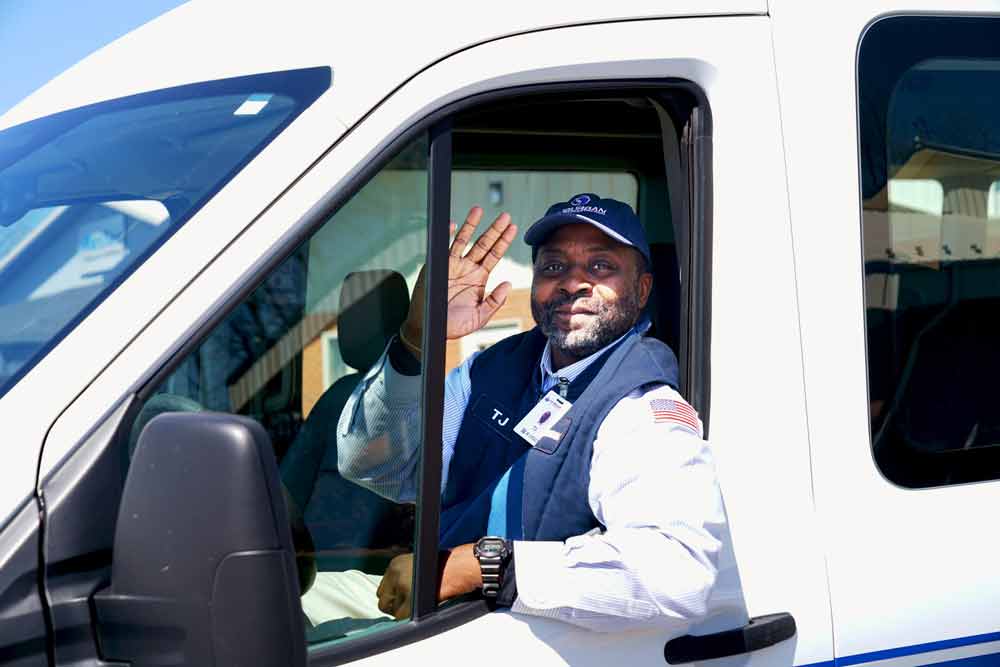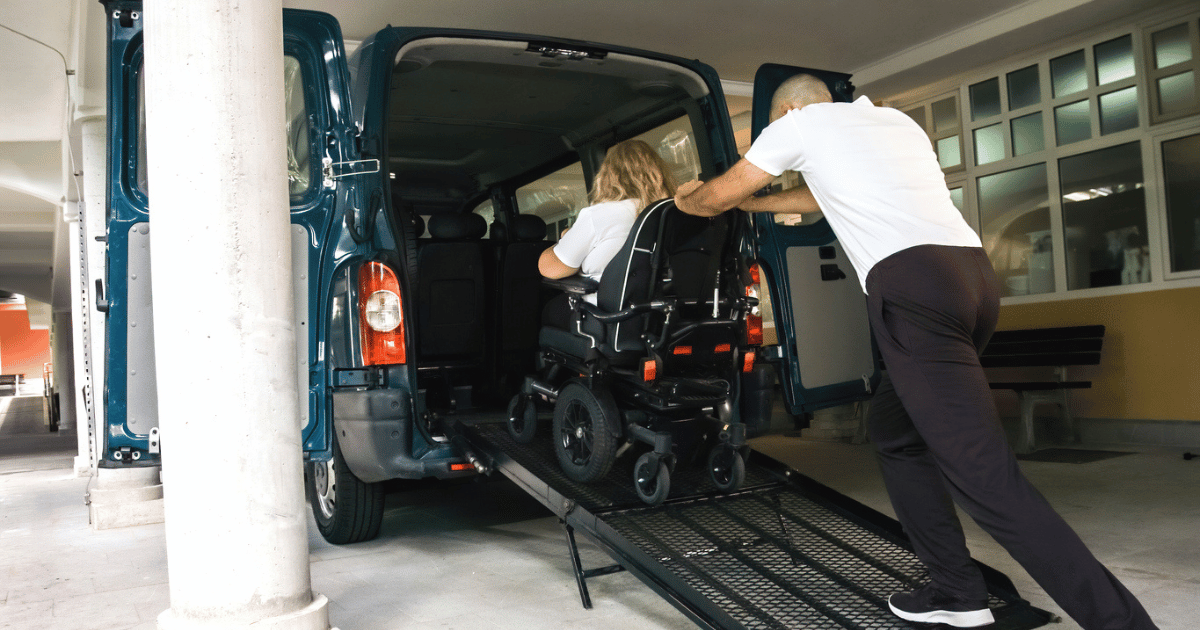Streamlined Medical Transportation: Making Healthcare Accessible for All
Wiki Article
Budget-friendly and Accessible Medical Transportation Options for each Scenario
In the realm of healthcare, the ability to access medical solutions is critical, yet the challenge of affordable and easily accessible transport can usually prevent people from receiving needed treatment. By discovering specialized clinical transport solutions, community transport programs, ride-sharing and taxi services, non-emergency medical transport, as well as public transit and paratransit options, people can discover avenues that provide to their certain needs and guarantee they receive the treatment they need.Specialized Medical Transport Provider
Specialized clinical transportation services play a critical role in guaranteeing secure and reliable transportation for individuals requiring specialized care throughout transportation. These services provide to clients with one-of-a-kind clinical requirements, such as those needing constant monitoring, specialized devices, or medical treatments throughout transport. By using particularly equipped lorries and skilled medical workers, specialized medical transportation services make sure that patients receive the necessary treatment while being moved between health care centers, houses, or other areas.One secret aspect of specific medical transport services is the concentrate on patient convenience and safety. Medical transportation groups are educated to handle various clinical problems and emergencies that might develop throughout transit, providing a greater level of care than typical transport choices. Furthermore, these services frequently use door-to-door support, reducing the anxiety and pain that clients might experience during transfers.
Community Transportation Programs
Having attended to the important function of customized clinical transport services in making sure risk-free and efficient transportation for people with distinct clinical needs, the focus currently changes to checking out Community Transportation Programs - medical transportation. These programs play an essential duty in offering budget friendly and available transport remedies for the basic populace, consisting of elders, individuals with disabilities, and low-income families who might encounter difficulties in accessing standard transportation choices
Community Transportation Programs encompass a variety of services such as fixed-route buses, paratransit services, volunteer chauffeur programs, and ridesharing campaigns. These programs are typically supported by neighborhood federal governments, non-profit organizations, or personal firms to make certain that individuals have reliable transport options to get to clinical appointments, supermarket, social activities, and other necessary locations.
Ride-Sharing and Taxi Providers

Among the essential benefits of ride-sharing and taxi services is their access. These solutions run 24/7, enabling people to travel to clinical visits, pharmacies, or hospitals at any kind of time of the day. Furthermore, ride-sharing and taxi services satisfy people with movement difficulties by offering wheelchair-accessible cars upon request.
Furthermore, ride-sharing and taxi services can be especially valuable for individuals living in locations with restricted public transportation options. By bridging the gap in between home and medical care centers, these solutions play a crucial duty in making sure that every person has access to essential clinical solutions.
Non-Emergency Medical Transport

Non-Emergency Medical Transportation suppliers commonly utilize skilled employees who are experienced in assisting individuals with differing medical demands. By offering door-to-door Website solution, Non-Emergency Medical Transport boosts the general access of healthcare for individuals that may or else struggle to attend critical medical visits.
Public Transportation and Paratransit Options
Public transportation and paratransit alternatives supply essential transportation services for people with differing wheelchair requirements, making sure accessibility to essential destinations such as medical centers and appointments. Public transportation systems, consisting of buses, trains, and metros, provide a cost-efficient and commonly readily available setting of transportation for individuals seeking to reach clinical visits. These services are especially valuable for those who might not have access to exclusive automobiles or require assistance due to flexibility difficulties.Paratransit services cater specifically to people with disabilities that are unable to use typical public transportation. These solutions offer door-to-door transportation, suiting people with wheelchairs, walkers, or other wheelchair help. Paratransit vehicles are geared up with functions such as mobility device ramps and securement systems to ensure the risk-free and comfortable transport of guests with differing mobility requirements.

Final Thought

Report this wiki page